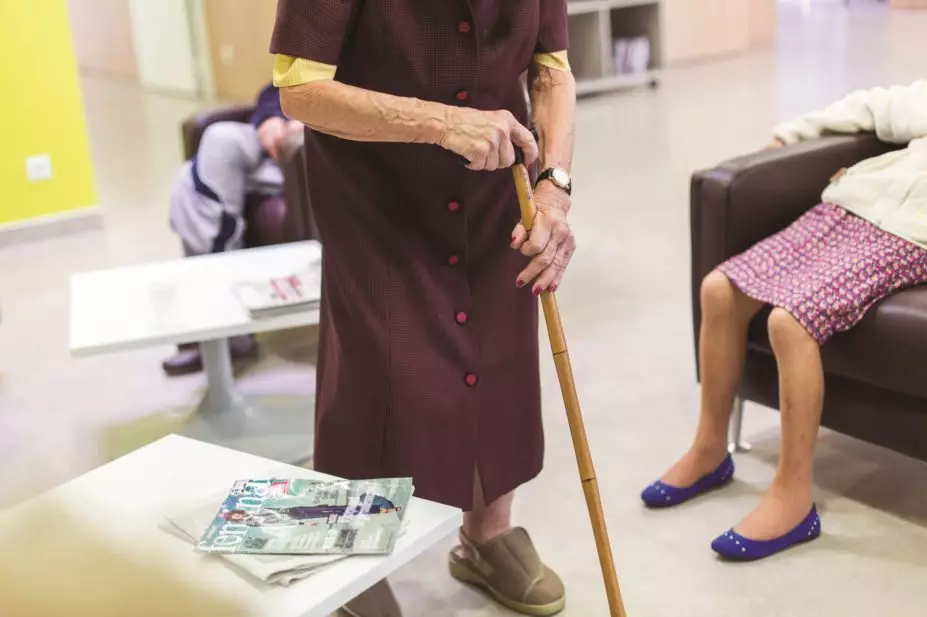
Alamy Stock Photo
There is a “strong expectation” that primary care network (PCN) pharmacists delivering new structured medication reviews (SMRs) will prioritise patients at greater risk from COVID-19, NHS England guidance on the service has stated.
The structured medication reviews and optimisation service comes into effect on 1 October 2020. As part of this, PCNs must identify and prioritise patients who would benefit from a SMR.
The guidance states that there is a “strong expectation … that those patients identified as clinically vulnerable to COVID-19 will be among the groups to be prioritised for a SMR”. It also says that PCNs should be “alert to the needs of communities at particular risk of COVID-19 (e.g. BAME [black, Asian and minority ethnic]), including by considering how complex prescribing regimens may be rationalised to improve their safety”.
The guidance says that people to be offered an SMR should also include patients in care homes; those who are on ten or more medications; and those who are taking medicines commonly associated with medication errors.
But the guidance adds that where “clinical pharmacist capacity allows”, patients who do not fall into the listed criteria may be offered an SMR if they might benefit from the service.
PCN pharmacists may, it says, use appropriate tools to help them to proactively identify such patients.
Graham Stretch, president of the Primary Care Pharmacy Association (PCPA), welcomed “the increased emphasis on delivery of medicines reviews to vulnerable people, including those from BAME communities.
“It is helpful for us all to be reminded that, as part of risk assessment, we should consider a patient’s ethnicity and, if necessary, increase their priority for a structured medication review if they are at greater risk of more severe COVID-19 infection,” he said.
“It is important that this change in guidance is highlighted so that we are all aware we need to prioritise these patients. But we need to do it in a way that doesn’t put patients at risk: we might not necessarily be able to bring them in to the surgery”.
The guidance notes that the number of SMRs a PCN is obliged to carry out is “determined and limited by their clinical pharmacist capacity”, and asks PCNs and clinical commissioning groups (CCGs) to acknowledge that pharmacists “have a variety of responsibilities and not all of their hours should be spent on SMRs”.
Asked if there was sufficient pharmacist capacity within PCNs to deliver the service from October 2020, Stretch said that “within the context of the maturity and availability of the pharmacist workforce, PCNs need to deliver to the best of their capacity.
“Most PCNs are trying very hard to recruit and retain pharmacists. Some will need supervision and careful mentoring to deliver these [SMRs]: that’s all the more reason to prioritise those groups at increased risk of complications from COVID-19”.
PCNs were asked to introduce SMRs in care homes only from August 2020.


